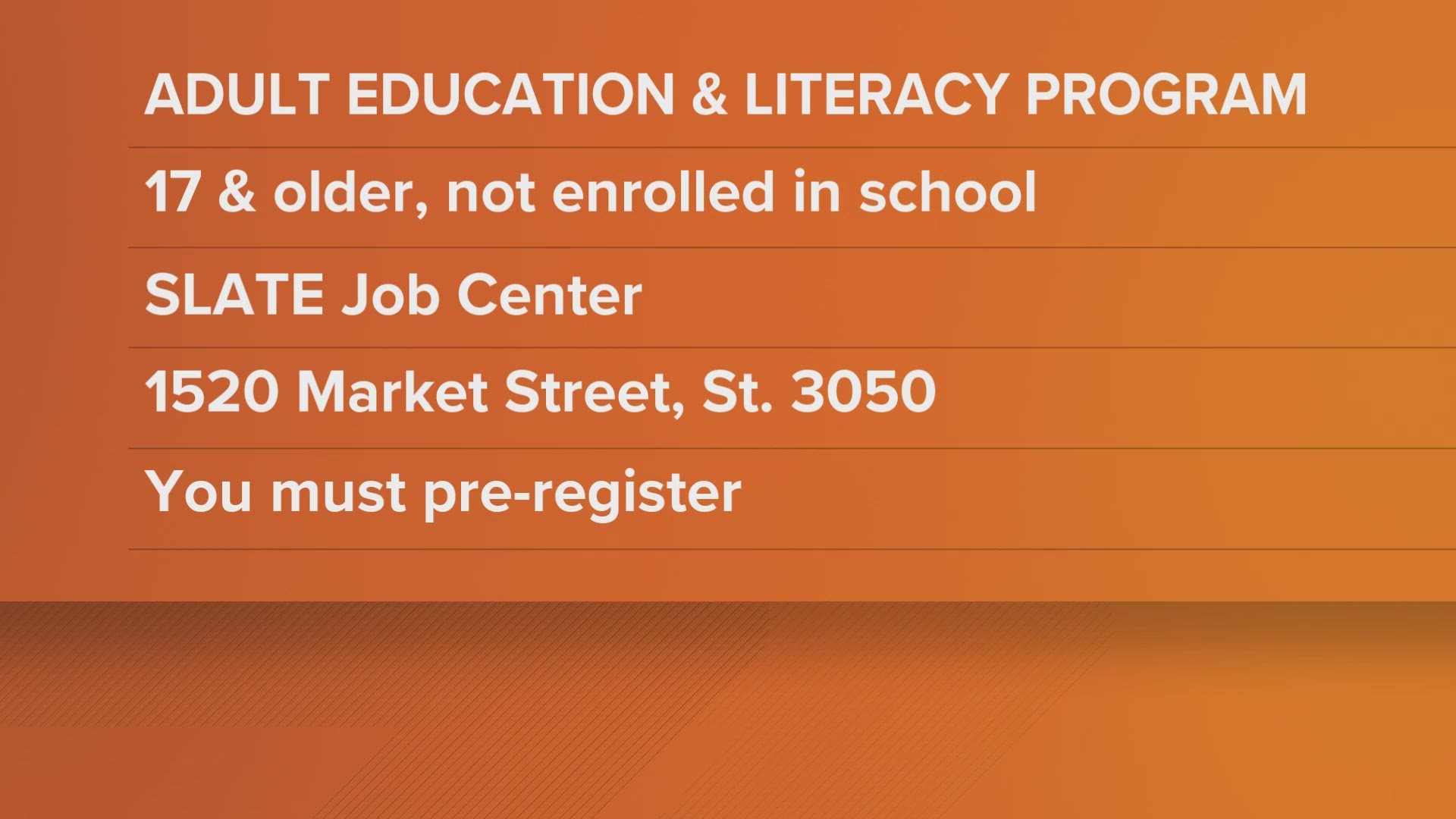First came fake news. And now there’s something called fake financial news. And if you’re not careful, this sort of news could affect your ability to make retirement, investment and health-care decisions.
Or at least so says a recent survey for the American Institute of CPAs (AICPA) by Harris Poll. “The risk of making an impulsive financial decision in reaction to a headline or article that may be designed to mislead has the potential to cause serious problems,” the AICPA noted in its release.
Despite that risk, more than 3 in 4 (77%) Americans feel it's important to act fast to make financial decisions when breaking financial news becomes available. “But acting hastily does not allow the proper time to think a decision through and weigh the long and short-term financial implications,” the AICPA noted. The good news: Almost three in five Americans (58%) believe that fake news is a serious threat to their financial decision making, with more than half of those (33%) saying the threat is very serious.
So what advice do experts have for those saving for/living in retirement? How can they tell fake financial news from real financial news? What can they do to protect themselves against falling prey to fake financial news? Here’s what they had to say.
Create a plan and stick to it. Anyone saving for retirement or any other goal should have a plan and that plan should evaluate where you are vs. where you want to be, says Jonathan Gassman, the CEO of Gassman Financial Group. Plus, the plan should lay out strategies or steps to bridge whatever gap there may be.
Stop reading generic financial advice. Financial television programs and news outlets are “not going to give you specific tailored advice for your circumstance," says Gassman.
Too good to be true? “Remember that if it sounds too good to be true, it most likely is, and this definitely applies to fake financial news,” says Kelley Long, a resident financial planner with Financial Finesse. “Whether it’s your colleague bragging about the performance of his 401(k) or your neighbor telling you about the amazing guaranteed income annuity she just bought, you have to consider the facts behind these stories before you act on this news with your own retirement savings.”
For his part, Gassman suggests that you remember former president Ronald Reagan’s saying: trust but verify. “If you are unclear about something, whether it's mentioned in the news, magazine or heard from a friend, ask questions so you can learn,” he says. “Don’t be shy.”
Find yourself a good teacher. One of the classic Jewish texts suggests that you “find yourself a teacher and acquire yourself a friend.” Well, when it comes to financial news, Gassman suggests taking a similar approach. “Find yourself a goof financial professional or adviser who is conflict free of selling you financial products that make them money and don’t help you get to where you need to go,” he says. “This way they will help you achieve your goals as well as talk you off the ledge when there is market volatility or some sort of crises that rocks the markets.”
Gassman recommends talking to a certified public accountant (CPA) who holds the personal financial specialist (PFS) credential as “they adhere to standards.” Consider too a certified financial planner or CFP; they too adhere to standards.
People are different. Is your colleague much younger or more aggressive than you? “If so, then it would make sense that his portfolio would outperform yours during a bull market,” says Long. “However, changing your investments to match his if you have a shorter timeline or don’t have the stomach for market drops could have you both singing a different song when a bear market inevitably hits.”
Gassman concurs with this advice. “Don’t abandon your plan because you heard some golf buddies talking about a tip or hot stock,” he says. “Stick to the plan you created and check in with your adviser.”
In life, nothing — except death and taxes — is guaranteed. “When it comes to anyone who uses the term ‘guarantee’ around a financial product and that guarantee is something you can’t find anywhere else, either someone is being misled or they’re not fully understanding the terms,” says Long.
Her advice: Learn the facts about the annuity including the fees, surrender charges and any upside limits before you buy into any promises of guaranteed income that far exceed current interest rates.
Invest for the long term. There have been a couple instances in the past few years where markets took a temporary hit due to an errant tweet or news story about a stock that turned out to be false, says Long.
“Unless you are a high-speed day-trader whose only job is to take advantage of market volatility, it’s best to ignore such news, even if it turns out to be true,” she says. “The best long-term investing strategy is still to set your investments according to your timeline and risk tolerance, then ignore the interim ups and downs.”
Also, remind yourself that a down market is a buying opportunity, says Long. And, if you’re five years or less out from retirement, make sure you’ve secured an adequate bucket of your savings in short-term bonds or cash so that any market crash won’t affect your plans, while allowing the rest of your portfolio to continue to grow for the long-term, she says.
Robert Powell is editor of Retirement Weekly, contributes regularly to USA TODAY, The Wall Street Journal, TheStreet and MarketWatch. Got questions about money? Email Bob at rpowell@allthingsretirement.com.



